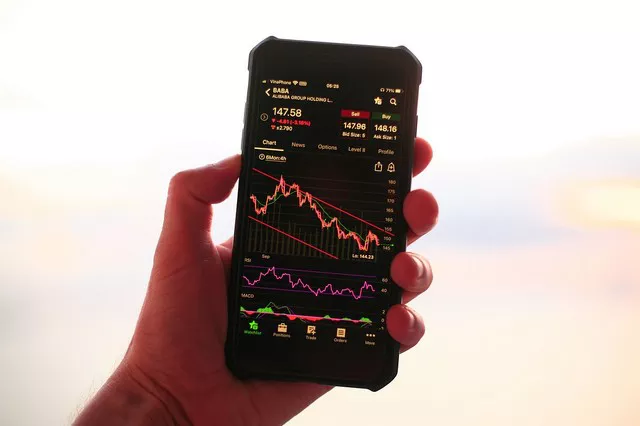In the fast-paced world of financial markets, day trading futures has emerged as a popular strategy for traders seeking to capitalize on short-term price movements. Defined as the buying and selling of futures contracts within the same trading day, day trading offers both advantages and challenges for those willing to navigate its intricacies. In this article, we explore the dynamics of day trading futures, from its definition and advantages to its inherent challenges and the best markets for pursuing this strategy.
Definition of Day Trading Futures
Day trading futures involves the execution of trades in futures contracts with the intention of profiting from intraday price movements. Unlike traditional investing, where positions are held for extended periods, day traders aim to capitalize on short-term market fluctuations. Crucially, day traders do not hold open positions overnight, as all positions must be closed by the end of the trading day. This distinguishes day trading from other forms of trading, such as swing trading or long-term investing, where overnight risk may be a consideration.
Advantages of Day Trading Futures
Risk-Free Overnight: One of the primary advantages of day trading futures is the elimination of overnight risk. By closing all positions before the end of the trading day, day traders avoid exposure to overnight market movements, geopolitical events, and other external factors that can impact prices. This risk-free approach allows traders to manage their positions more effectively and reduce the potential for unexpected losses.
Price Volatility: Futures markets are known for their price volatility, with prices often fluctuating significantly within a single trading session. For day traders, this volatility presents opportunities to profit from rapid price movements. Futures contracts frequently open at different prices than the previous day’s close, creating potential for unexpected profits or losses. By staying attuned to market trends and price movements, day traders can capitalize on these fluctuations to generate profits.
Accelerated Learning: Day trading futures offers a steep learning curve, but it also provides an accelerated path to gaining trading experience. With frequent trades executed throughout the day, day traders have ample opportunities to refine their strategies, analyze market dynamics, and hone their decision-making skills. This hands-on approach allows traders to learn from both successes and failures, accelerating their growth and development as traders.
See Also: How do you read futures prices?
Disadvantages of Day Trading Futures
Strict Discipline Required: Day trading requires a high level of discipline and emotional control to succeed. The fast-paced nature of intraday trading can tempt traders to overtrade or make impulsive decisions, leading to losses. Maintaining strict adherence to trading rules, risk management strategies, and trading plans is essential to avoid falling into common pitfalls associated with day trading.
High Commissions: Day trading futures can incur significant commission costs, particularly for traders executing a large volume of trades. Brokerage commissions are typically charged on a per-trade basis, meaning that frequent trading can result in substantial commission expenses. Traders must factor these costs into their trading strategies and seek out cost-effective brokerage options to maximize their profitability.
Challenges for Many Traders: While day trading futures offers the potential for substantial profits, it is not without its challenges. Many traders struggle to consistently profit from day trading due to a lack of preparation, discipline, and risk management. The unpredictable nature of futures markets, combined with the emotional pressures of intraday trading, can overwhelm inexperienced traders and lead to losses.
Best Markets for Day Trading Futures
E-mini S&P 500: The E-mini S&P 500 is one of the most popular markets for day trading futures due to its liquidity and electronic trading capabilities. As a benchmark index for the U.S. stock market, the E-mini S&P 500 offers ample opportunities for intraday trading, with tight bid-ask spreads and high trading volumes.
Other Stock Market Futures: In addition to the E-mini S&P 500, other stock market futures such as the E-mini Nasdaq, Dow, and E-mini Russell are popular choices for day traders. These markets track the performance of specific sectors or indices within the stock market and exhibit similar characteristics in terms of liquidity and volatility.
Other Volatile Futures: Beyond stock market futures, day traders may also consider trading other volatile futures contracts, such as 10 Year T-Notes, soybeans, crude oil, Japanese yen, and Euro FX. These markets offer opportunities for profit due to their liquidity and price volatility, but traders must be mindful of the unique dynamics and factors influencing each market.
Conclusion
In conclusion, day trading futures offers both opportunities and challenges for traders seeking to profit from short-term market movements. By understanding the definition of day trading, its advantages and disadvantages, and the best markets for pursuing this strategy, traders can develop informed trading plans and strategies to navigate the complexities of intraday trading successfully. With discipline, preparation, and a thorough understanding of market dynamics, day traders can unlock the potential for profitability in the exciting world of futures trading.


